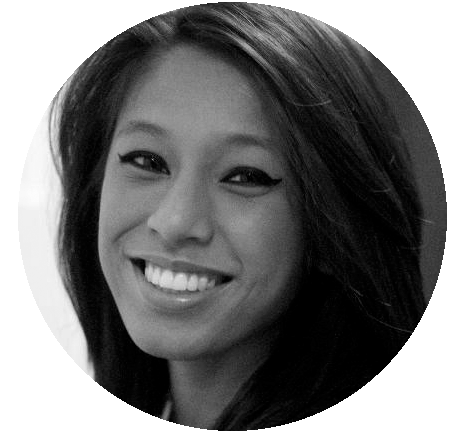China's invisible city
An American photographer breaks away from the stereotypical portraits of China to capture the vibrant nuances of its margins

A free daily email with the biggest news stories of the day – and the best features from TheWeek.com
You are now subscribed
Your newsletter sign-up was successful
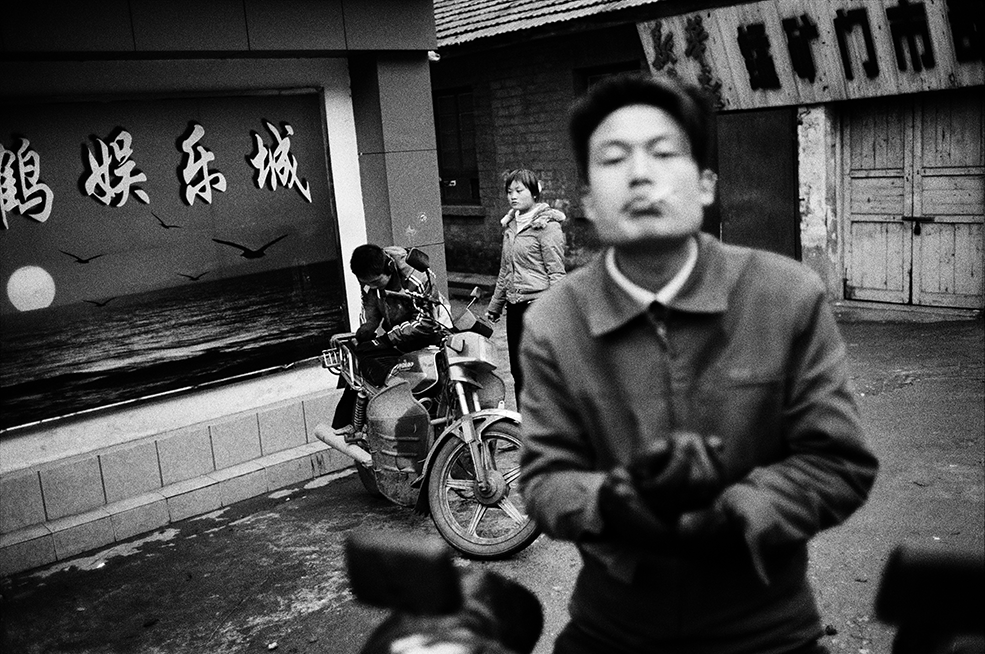
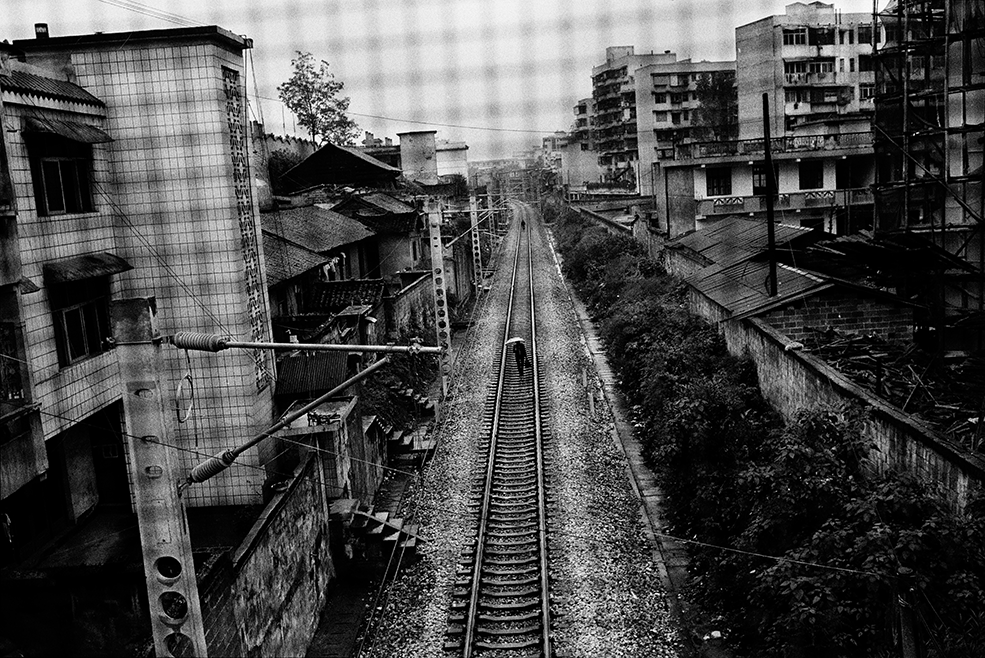
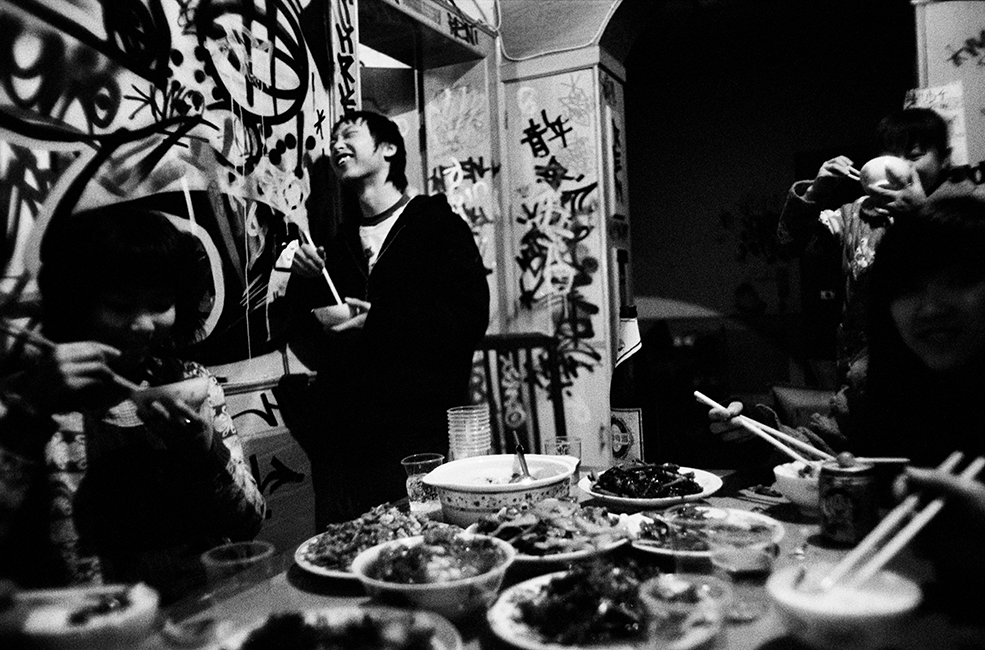
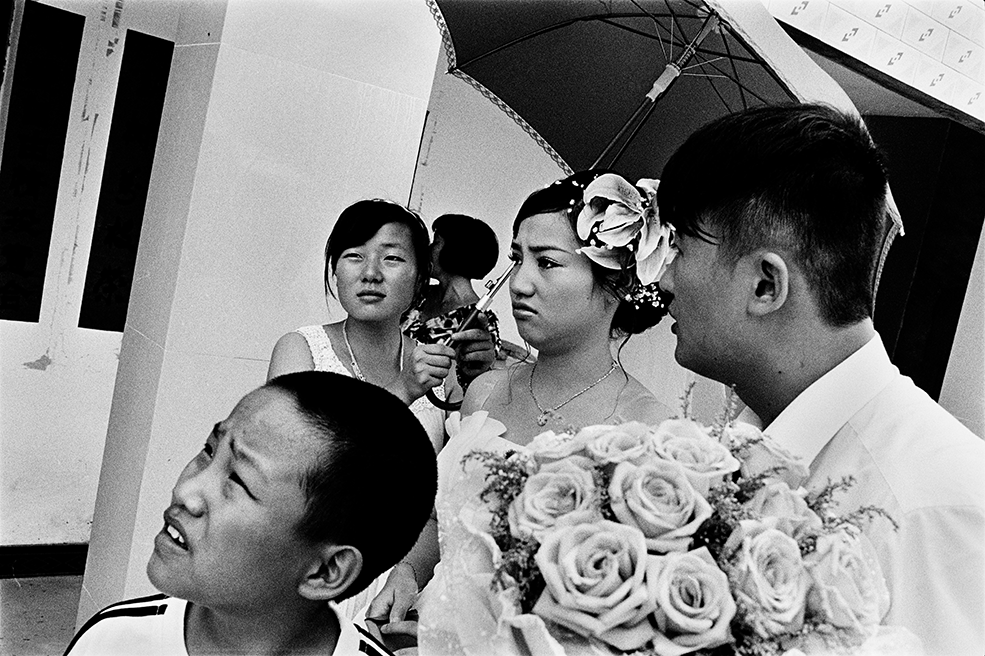
(Rian Dundon)As a complete outsider to the area, Dundon took his time immersing himself in the local culture through a process he referred to as "deep hanging out": He frequented karaoke bars, night clubs, pool halls, and restaurants, getting to know fellow twenty- and thirty-somethings. As he developed personal relationships, he began documenting the intimate quotidian moments of his friends' lives, joining in on networking dinners, attending reunions, hitting up neighborhood drinks, and even slipping into bedrooms."I thought that I might be able to add some nuance to that usually very binary take of [China as a story of either] success or government persecution," Dundon tells The Week in an interview. "I thought that maybe we could exist somewhere between."

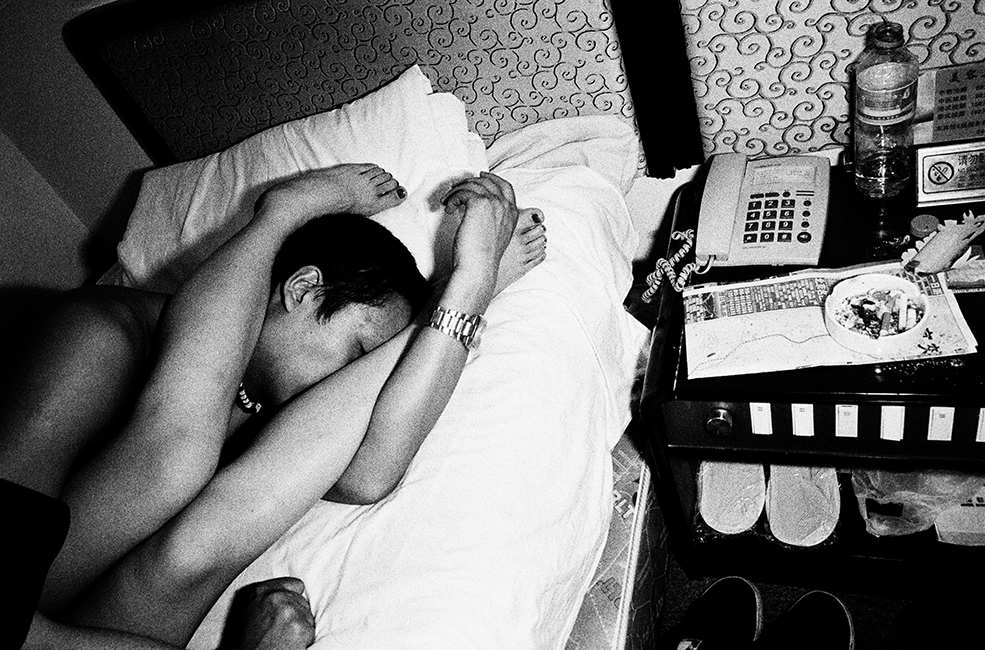
(Rian Dundon)Dundon amassed such a collection of photos during his time in Hunan that he turned an edited selection into a book, simply titled Changsha, which came out in 2016. Changsha presents an overlooked portrait of a China — young people work, play, sharpen, and blur in an anonymous cityscape that feels simultaneously dull and dizzying. They appear proud and exhausted, in control and yet mired by an ambiguous, underlying strain."It kind of commented on the anonymity of these places or the invisibility of these places," Dundon says of the book's name. "Outside of Beijing and Shanghai and Hong Kong, no one knows anywhere else in China."
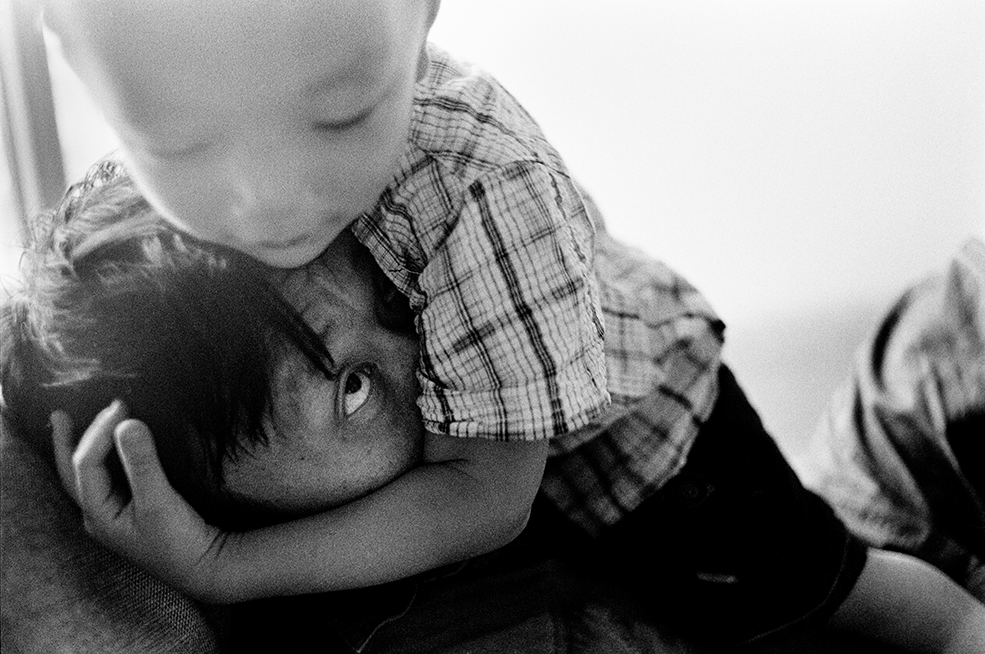
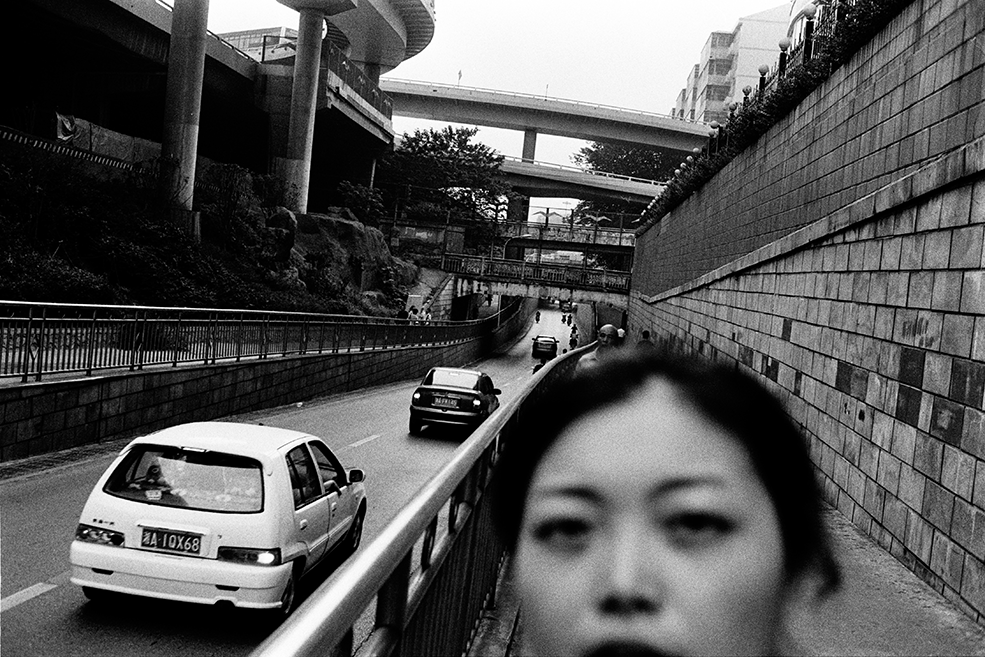
(Rian Dundon)"China was and continues to be a pretty tumultuous social landscape," Dundon says. "Physically, cities are being torn down and rebuilt and regenerated and abandoned on a scale and a rate that's hard to kind of compare in a place that's much newer and less densely populated like the United States. I think that can take a toll on people emotionally and spiritually when you live in a place that's constantly churning."Dundon's intimate photographs embody this movement. His frame bends and tilts along with his subjects as they navigate the rapid development swirling around them. "I think that's what I was trying to get at — the politics of getting by."Though the series began more than a decade ago, Dundon believes the meaning behind the photographs transforms as the country does."I think maybe it might have more of an audience or more impact in 20 years time as almost historical pictures," he says. "There's no end to this, and there's no beginning. It's just a time and place and one weird guy with a camera who happened to be there."
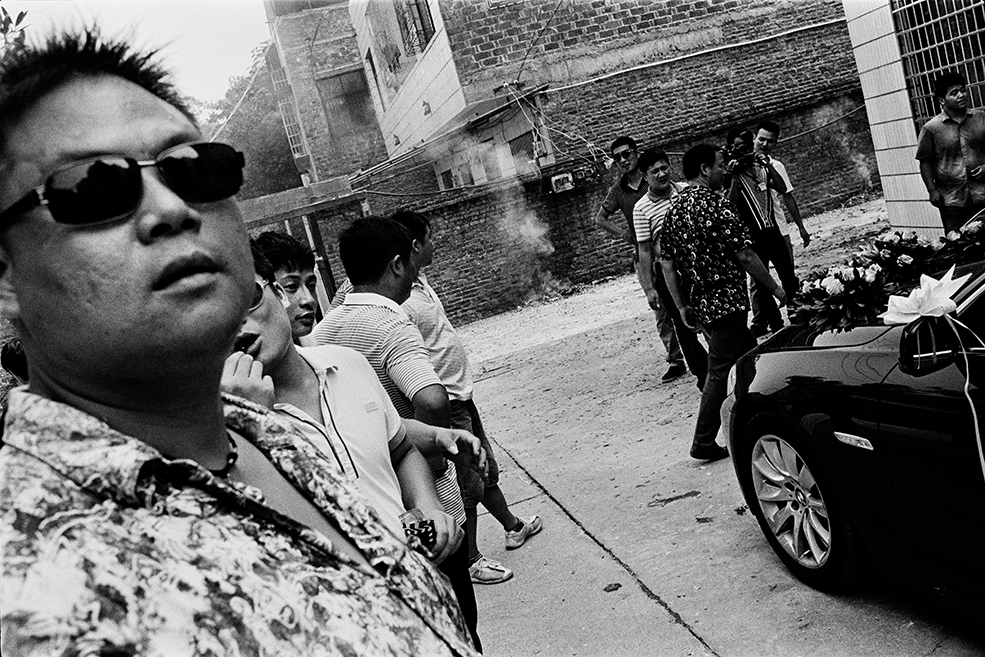
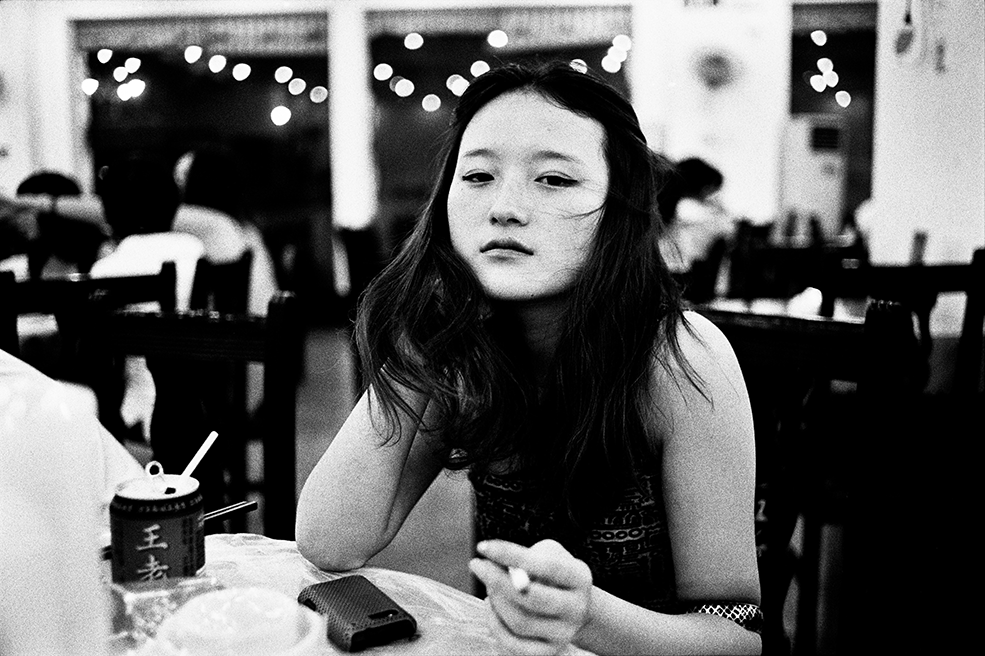
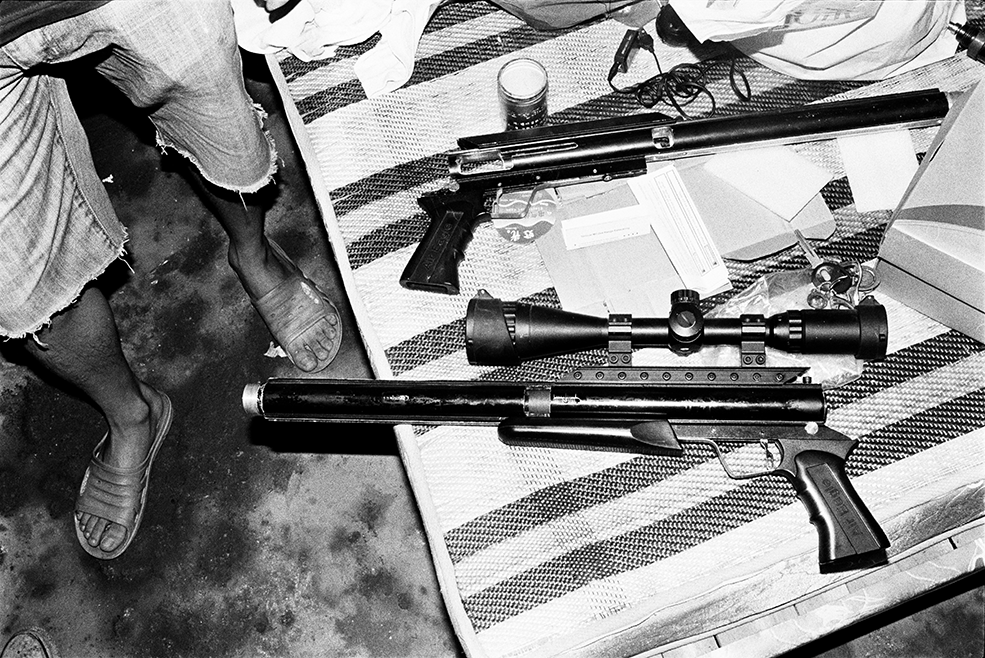
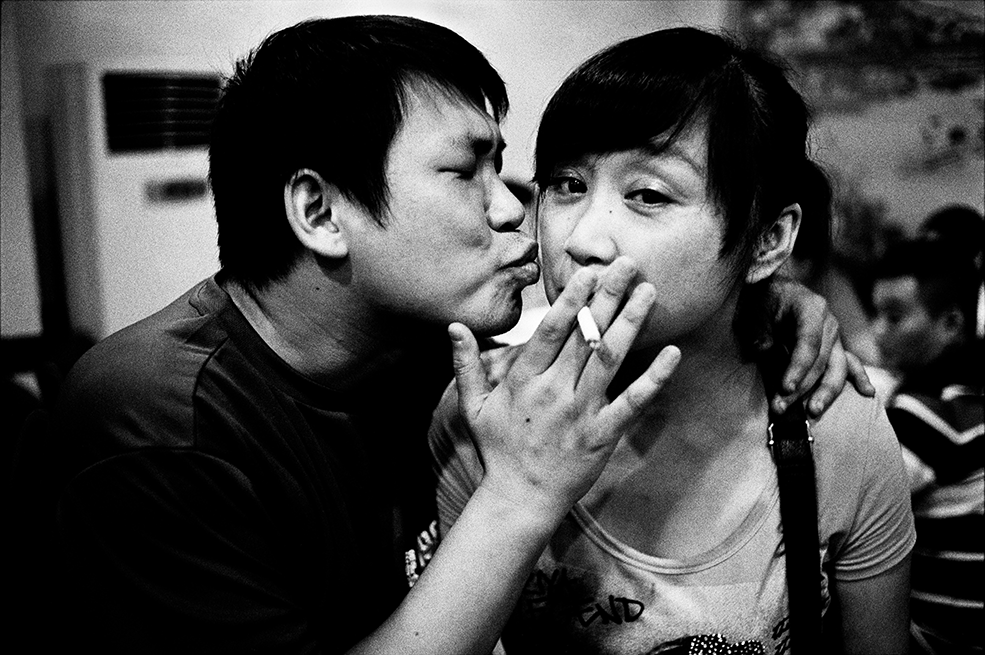
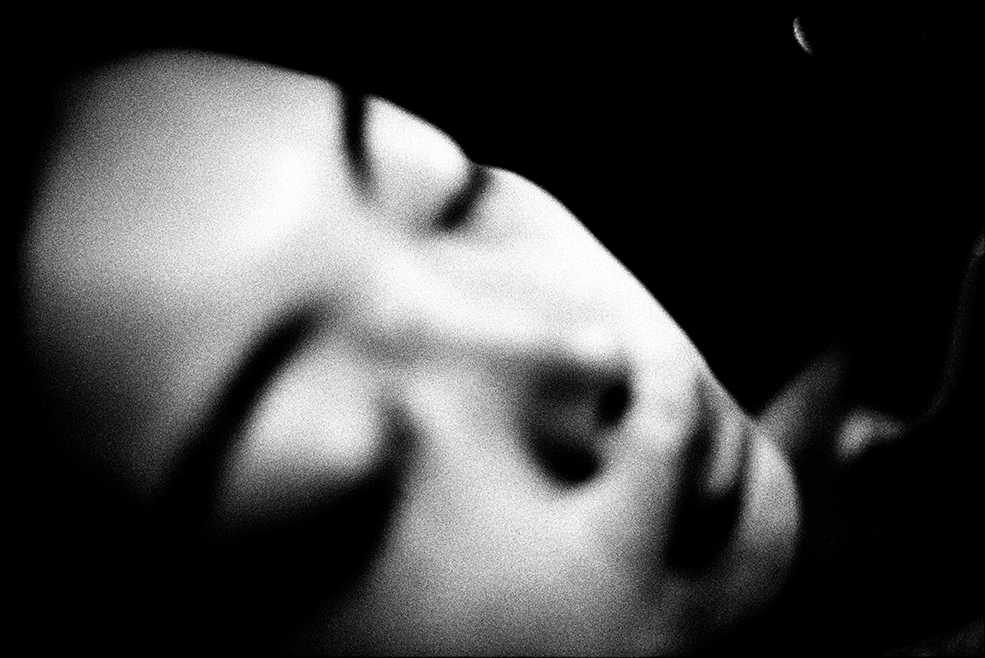
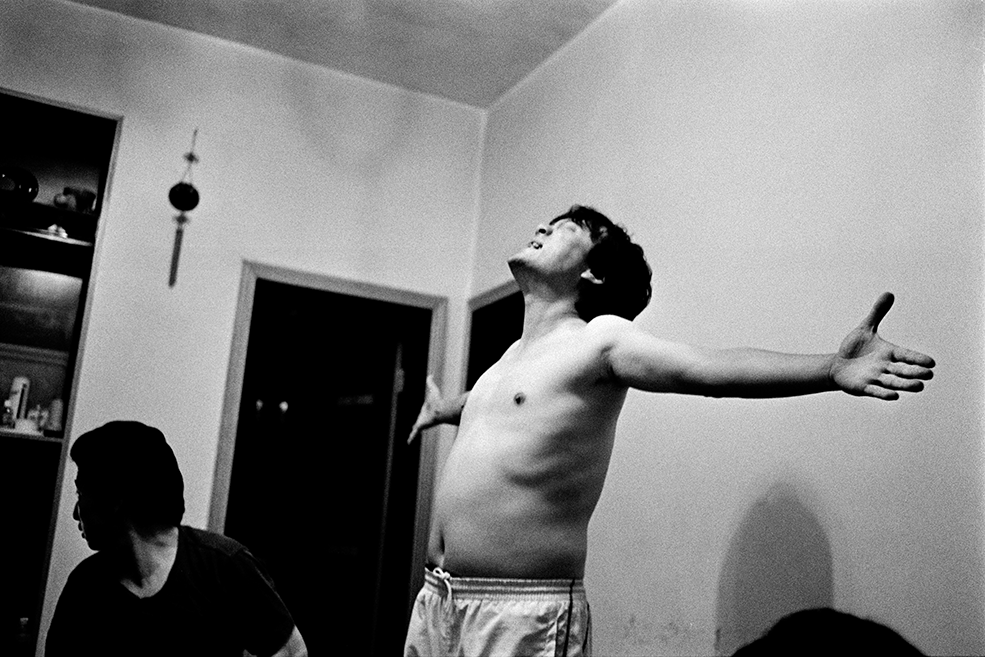
A free daily email with the biggest news stories of the day – and the best features from TheWeek.com
Kelly Gonsalves is a sex and culture writer exploring love, lust, identity, and feminism. Her work has appeared at Bustle, Cosmopolitan, Marie Claire, and more, and she previously worked as an associate editor for The Week. She's obsessed with badass ladies doing badass things, wellness movements, and very bad rom-coms.
-
 The Olympic timekeepers keeping the Games on track
The Olympic timekeepers keeping the Games on trackUnder the Radar Swiss watchmaking giant Omega has been at the finish line of every Olympic Games for nearly 100 years
-
 Will increasing tensions with Iran boil over into war?
Will increasing tensions with Iran boil over into war?Today’s Big Question President Donald Trump has recently been threatening the country
-
 Corruption: The spy sheikh and the president
Corruption: The spy sheikh and the presidentFeature Trump is at the center of another scandal
